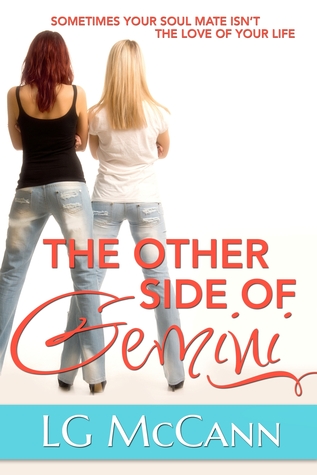I would never describe myself as a "Simpsons fan," but once and a while, it gives me a good chuckle. And I will say that I can relate more than I'd like to admit to Lisa... So this morning, when Book Riot pointed me in the direction of something I wouldn't have noticed about the show(ya know, not being a "Simpsons fan" and all :-p) I knew I'd found something I wanted to share with you all (and some new episodes I wanted to watch).
So, for today's Friday Fun, I give you....*drumroll please* eight of the best Simpsons literary references (courtesy of CBC books)!
Leon Uris
The influential American novelist was known for his extensively researched, compelling but dense historical novels like Exodus and Mila 18. During one episode of The Simpsons, local hillbilly stereotype Cletus Delroy Spuckler can be seen in the library holding a copy of Uris’s acclaimed novel about Irish nationalism Trinity. But Cletus isn’t a literature fan – he's about to use the nearly 900-page book to crush a turtle for his lunch because “nothing cracks a turtle like Leon Uris.”
Bart the Raven
Who could forget [this] amazing, epic adaptation of The Raven by Edgar Allan Poe in the very first “Treehouse of Horror” Halloween special? The bit receives a boost of gravitas thanks to the baritone narration of actor James Earl Jones. The show would also reference Poe’s short story The Tell-Tale Heart in a later episode in which Lisa competes against a schoolmate rival in a diorama competition.
The Bread Loaf Writers' Conference
In a famous season 18 episode, Lisa and aspiring poet Moe attends the “Word Loaf” conference, a parody of the Bread Loaf festival, which is considered the oldest and most prestigious annual writers’ summit in the U.S. This episode featured four literary heavyweight guests, including Michael Chabon, Jonathan Franzen, Tom Wolfe and Gore Vidal. However, in a room full of literary egos, tensions will rise. One of the hilarious highlights of the episode is when Michael Chabon shouts “That’s it, Franzen! I think your nose needs some Corrections!” before the two get into a fist fight.
A Tale of Two Cities
Fans of the show will remember the time when the writers turned the indelible opening lines of Charles Dickens’s classic novel about the French revolution (“It was the best of times, it was the worst of times …”) into a joke involving the infinite monkey theorem. The infinite monkey theorem basically suggests that an infinite number of monkeys hitting random keys on typewriters will eventually type out a given text, such as a Dickens’s novel. During an episode in the fourth season, Homer finds himself leading a union battle with his power plant Mr. Burns. The irascible Burns, in a show of the absurd power and resources he commands, takes a Homer on a tour and shows him “1000 monkeys working at a 1000 typewriters. Soon they’ll have written the greatest novel known to man!” Except Burns randomly pulls out a page from one of his monkey writers, which reads: “It was the best of times… it was the blurst of times?!!” Suffice to say, that monkey was probably fired.
Thomas Pynchon
Only an iconic show like The Simpsons could entice reclusive writer Thomas Pynchon to satirize himself, not once, but twice! The Gravity’s Rainbow author, known for avoiding interviews and public appearances, contributed two speaking parts throughout the years. Our favourite: when Marge becomes a novelist and asks Pynchon for a blurb, he responds: "Here's your quote: Thomas Pynchon loved this book, almost as much as he loves cameras!" The paper bag Pynchon also appeared briefly, in an unspoken cameo, in the World Loaf episode.
Amy Tan at the Springfield Festival of Books
This episode featured an appearance from The Joy Luck Club author Amy Tan and took a humourous jab at literary criticism. When Lisa gets the chance to address one of her literary heroes, Tan immediately crushes the girl’s interpretation of her writing. “No, that’s not what I meant at all. I can’t believe how wrong you got it. Just sit down, I’m embarrassed for both of us.”
Goodnight Moon, Walken-style
Who doesn’t remember reading this classic children’s book? Well, The Simpsons writers
took that nostalgia and gave it a Christopher Walken edge. Walken himself doesn’t appear in the episode (he’s impersonated by actor Jay Mohr), but one of the funniest literary references is when Marge points out Walken reading Goodnight Moon with his intense, signature delivery to a bunch of terrified kids.
The Ghost of Pippi Longstocking
While on summer holiday, Lisa meets a group of cool kids and takes the chance to re-
invent herself as a laid-back beach bum. But she one day passes a library and her love of reading and learning becomes hard to repress. In one memorable scene, a spectre of Pippi Longstocking appears amidst the bookstacks and begs Lisa: "Read about my adventures in the South Seas! Make me live again!"
See the original post HERE


